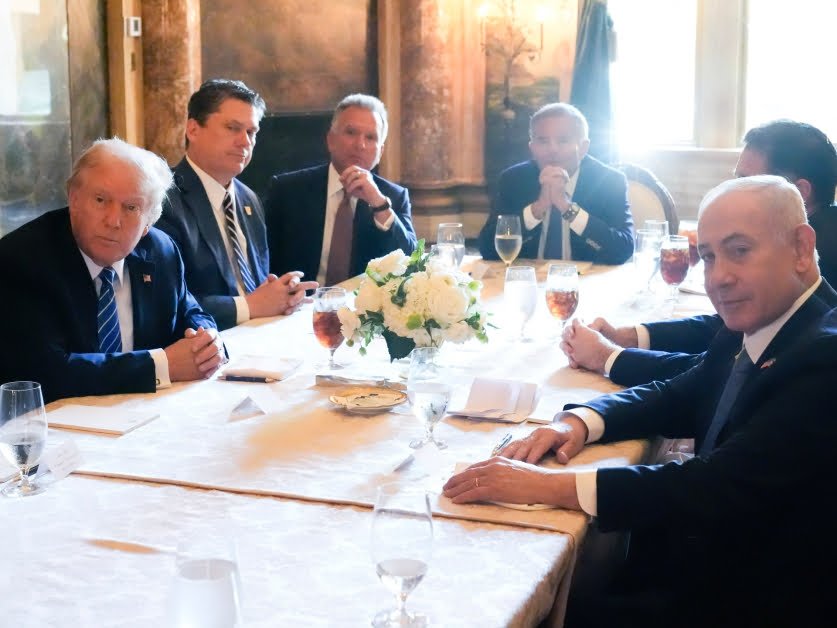Israeli Prime Minister Benjamin Netanyahu recently visited former President Donald Trump at his Mar-a-Lago estate in Florida for discussions, indicating a significant meeting amidst the ongoing protests in Gaza. This encounter between the two leaders holds great importance given the current escalating tensions and violence in the Middle East. As Netanyahu and Trump deliberate on potential strategies for the future, the global community closely monitors the potential impact of this high-profile meeting on the already volatile situation in Gaza.
Meeting at Mar-a-Lago Estate:
Netanyahu’s visit to Trump’s estate in Florida followed a series of engagements in the United States, including meetings with President Joe Biden and Vice President Kamala Harris. Despite facing protests, boycotts from US lawmakers, and criticism from rights groups over Israel’s actions in Gaza, Netanyahu engaged in discussions with Trump, focusing on potential solutions and ceasefire proposals for the conflict in Gaza.
Netanyahu’s Diplomatic Efforts:
During his visit, Netanyahu mentioned Israel’s plans to dispatch a negotiating team to present a proposal for a Gaza ceasefire in Rome. He expressed optimism about progress in ceasefire negotiations due to the pressure exerted by the Israeli military. Trump emphasized his positive relationship with Netanyahu, dismissing any claims of tensions between them.
US-Israel Relations:
Netanyahu’s visit to the US aimed to strengthen ties with Trump, who had previously adopted a supportive approach towards Israel during his presidency. However, tensions arose following Biden’s victory in the 2020 election, leading to strained relations between Netanyahu and Trump. Despite past disagreements, both leaders sought to reaffirm their bond during the recent meeting at Mar-a-Lago.
Bilateral Discussions and Criticisms:
Netanyahu’s address to the US Congress highlighted Trump’s contributions to US-Israel relations, such as mediating the Abraham Accords and relocating the US embassy to Jerusalem. Following his meeting with Biden, discussions focused on a US proposal for a Gaza ceasefire, amidst growing concerns over civilian casualties and human rights violations in the region.
International Response and Political Dynamics:
The ongoing conflict in Gaza has drawn international attention, with Amnesty International raising concerns about possible war crimes committed using US-made weapons. Additionally, Harris’s meeting with Netanyahu sparked debates over the US administration’s stance on the conflict, with calls for a ceasefire and expressions of solidarity with affected populations.
Future Prospects and Challenges:
As the situation in Gaza continues to evolve, the interactions between world leaders play a crucial role in shaping diplomatic efforts and conflict resolution strategies. The statements and actions of key figures like Netanyahu, Trump, Biden, and Harris reflect the complex dynamics of the Middle East region and the ongoing efforts to address the challenges posed by the conflict in Gaza.


